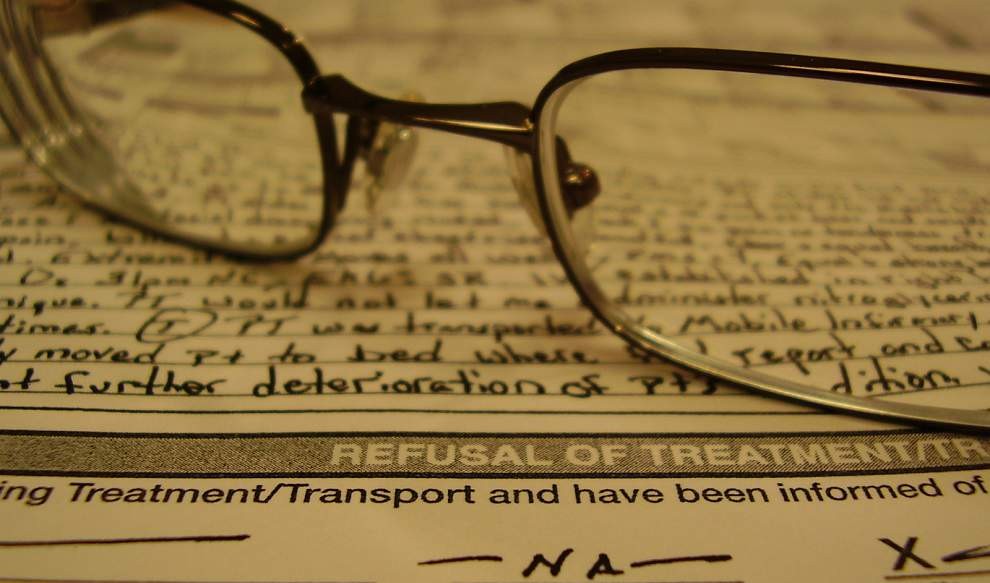Death, especially your own, isn’t the cheeriest subject to think about. However, like any fact of life, it pays to consider what will happen once you’re gone. To ensure everything you own goes to who you want it to, you need a will. Dealing with this is not only gloomy, but can get very complicated as you delve further into it. Here are some tips for sorting out your will.
First of all, take your time deciding how the will will be composed. It’s possible to write your own will. You’ve probably seen DIY kits for this at your local stationer’s. However, unless you’ve had a lot of experience working as a probate lawyer, I strongly advise against this. Writing your own will is fraught with the risk of all kinds of slip-ups. Legal fees can be pretty substantial, true. However, you’ll spend a lot more on getting your will fixed than you would on getting it drafted properly. Try not to go with the DIY option. If you’re set on this for some reason, then make sure you know what you’re doing! Leave a poorly written will behind, and your loved ones may lose out on a lot.
Next, you’ll need to make the important decision of an executor. The executor is the person who carries out the instructions in a will. This is a very important job, which usually involves managing a large amount of capital. You can assign anyone over the age of eighteen as your executor, and it’s common for them to be a beneficiary too. Most people choose their spouse as their executor, or one of their grown children. You’ll probably have several options available. The most important thing is to choose someone you trust, who won’t try to manipulate the situation. Good paperwork skills, and some knowledge of financial law will also be very beneficial. However, solicitors and accountants can help with this end of things for a fee.
Finally, if you have children under the age of eighteen, take them into the equation. Again, dying when you have young children isn’t a nice scenario to consider. However, if you’re your kids’ last surviving parent and you haven’t specified a guardian in your will, they may be assigned one by the courts. If you and your partner are unmarried, this step is exceptionally important. If an unmarried man dies, his children’s mother will automatically gain legal guardianship. However, if an unmarried woman dies, her children’s father will not. If you have any trust funds going, or your beneficiaries are under eighteen, then assign a trustee. These people will be responsible for managing any money left over, or looking after property until the beneficiaries are of age. The law concerning underage beneficiaries can be a little complex, so put enough time into understanding it.
Contemplating your own death can be a strange, uncomfortable experience. Without drafting a solid will though, all kinds of things can go wrong. Get all the gloomy legal matters out of the way, and then get back to enjoying life!












Add Comment